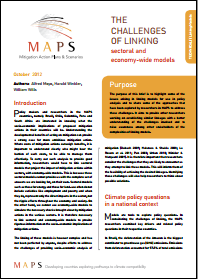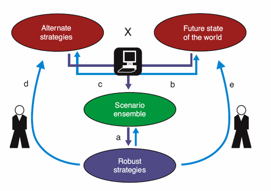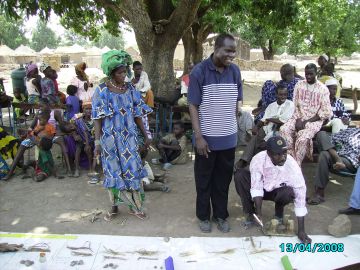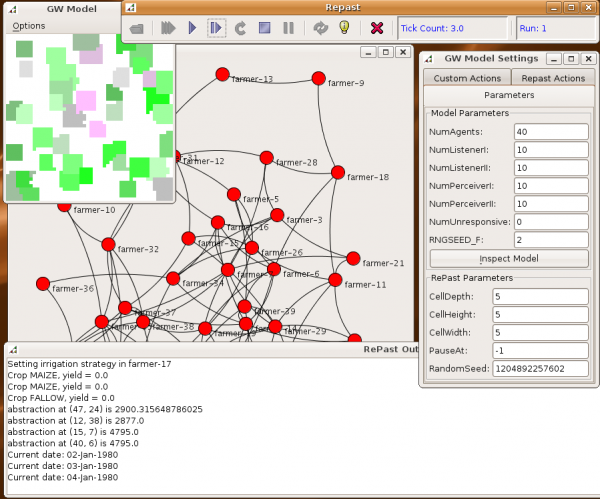Economic model
The importance of working at the science-society interface for adaptation to climate change in local territories of Latin America: case studies of Bolivia, Chile and Argentina
This presentation, which is part of the EcoADAPT project, emphasises the importance of working at the science-society interface for adaptation to climate change.
The Challenges of Linking Sectoral and Economy-wide Models
This brief explores how to link sectoral and economy-wide models to understand the socio-economic implications of proposed mitigation actions in countries.
Robust Decision Making: XLRM framework
RAND corporation has been developing a tool to carry out robust decision making as an example of computational multi-scenario simulation.
Agent-based modelling
In agent based models, a society is represented by a set of agents interacting with one another and with their environment. Agents follow simple rules but can be designed to adapt their behaviour to satisfy certain goals. Thus they can be responsive to changes in the environment, such as groundwater availability in the example here.




